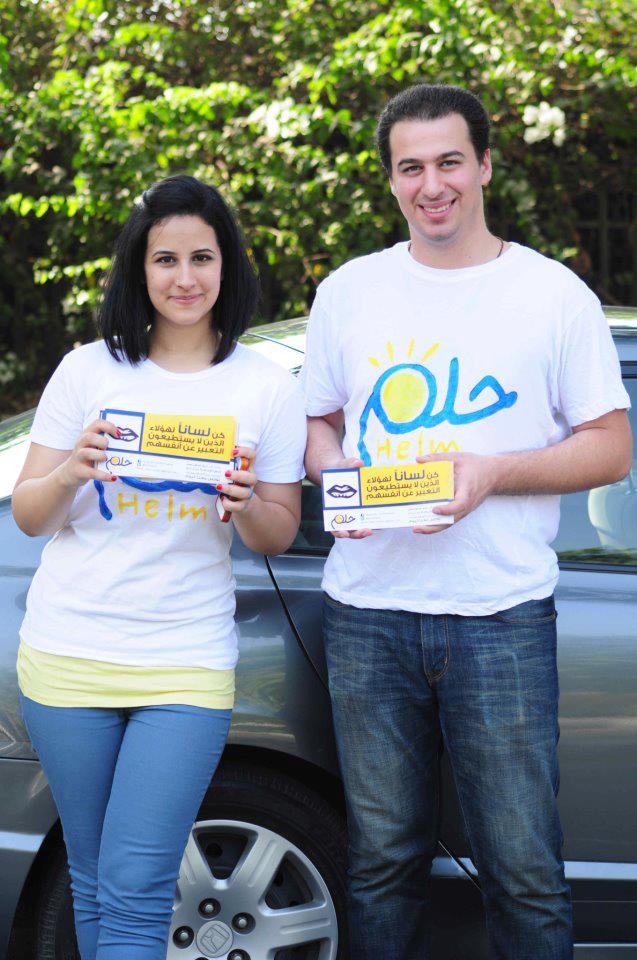For almost two years, Baheya Foundation has been providing Egyptian females with all possible treatments and early detection of breast cancer. Ever since it opened its doors in May 2015, the foundation has been a free shelter for women who were diagnosed with breast cancer or those who want to do regular checkups of their health.
A couple of days ago, the hospital welcomed the second visit of Matti Aapro, the dean of the Multidisciplinary Oncology Institute in Switzerland and the head of the Sharing Progress in Cancer Care (SPCC) programme at the European School of Oncology.
Aapro toured several departments of the hospital, checking the latest equipment used in each department of the hospital and the latest treatment plans used for fighting breast cancer in Egypt. This included the technology used in the physiotherapy department, which rehabilitates the patient from the side effects of chemotherapy and radiation, in tandem with the psychological support department, which helps to keep the patients’ spirits high.
“In my second visit to this place, I’m really impressed,” Aapro stated to Daily News Egypt, adding that “very often, when you visit similar centres for the first time, you hear about a lot of things that are going to happen, but regrettably none of them are applied. This is not the way in Baheya; in the past 18 months, they have provided patients with top level radiation oncology, as well as introducing supportive services to the patients that have the highest importance, so they are really showing a good way of developing a good top level comprehensive cancer centre.”
In a medical conference, the foundation’s doctors shared some of the toughest medical conditions they face in Baheya, along with the treatment methods and recovery plans they put in place for each, according to the condition.
Baheya is doing a very good job in treating patients, and more importantly, they provide females with services that would help them in the future, such as early diagnosis check-ups, which clearly enhance the patients’ chances of being cured, he added.
Funded only by people’s donations, in two years Baheya Foundation managed to provide early check-ups for 27,000 women in Egypt, as well as surgeries removing tumours for 1,800 patients and successfully treating 2,000 ladies overall.
“As an institution that stands on people’s financial support rather than from the government, Baheya shows how much impact a similar centre can make on people’s lives with only limited sources of financial support. They apply the best possible choices—based on people’s donations only,” Aapro said.
From his side, Ahmed Hassan, the head of Baheya’s oncology department, asserted the importance of similar visits by international experts, explaining that would increase the hospital’s goal of enriching relationships with accredited international institutions.
“This visit is very important on the whole; to have international experts in Baheya helps us in many aspects, starting with exchanging experiences,” Hassan said, adding that “it also helps us to provide our junior doctors with an idea of how western doctors think and seeing the different services we provide patients. It’s also very important for Baheya, as we are currently trying to build bridges with international institutions for exchange training programs.”
By the end of the visit, Aapro offered cooperation between Baheya and the Multidisciplinary Oncology Institute in Switzerland, wanting some of his junior doctors to come to Egypt and learn from the surgeons working for Baheya.
“His offer assured that we’re walking on the right path, since they want to work hand in hand with us,” Hassan commented.
Hassan also explained that it’s hard to find a stable source of income, clarifying that “the amount of our expansion is so big that it will be too much for any institute to take this commitment and provide us with the needed financial income every month, but we’re trying to find other solutions, like providing money-paid services for those who are capable and willing to pay, and that might cover the other free services.”




